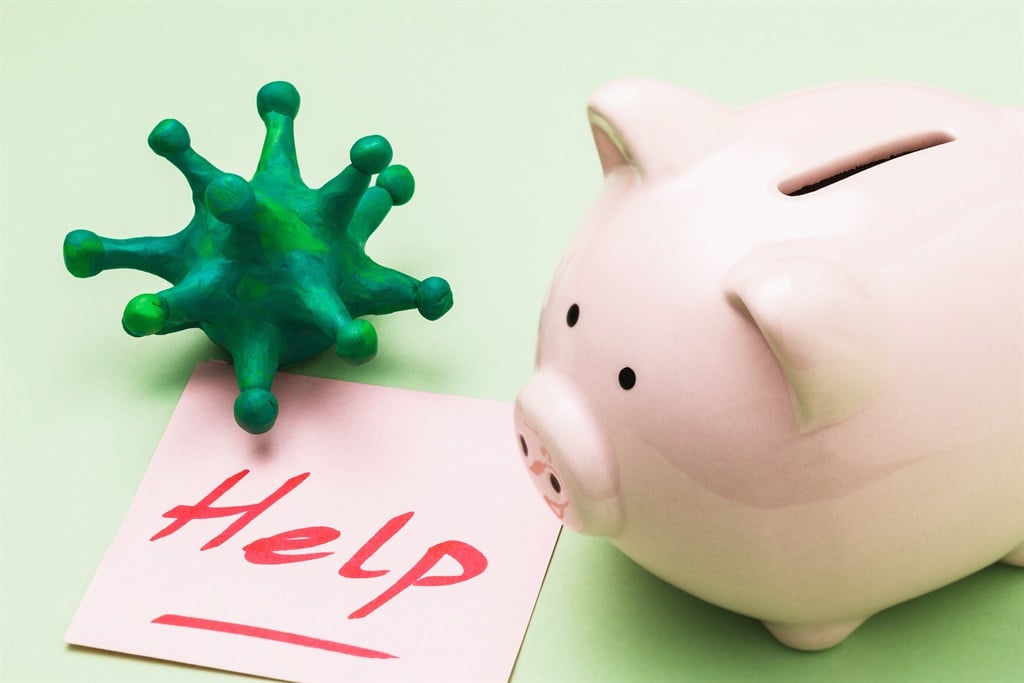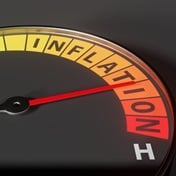
It is remarkable how, when personally threatened, the rich and powerful rally around the banner of ubuntu.
Suddenly, with the advent of the Covid-19 coronavirus, it is a matter of all for one and one for all.
Mind you, that mantra was in place even before this latest coronavirus struck.
Then we were “all in the same boat” because of the ongoing global economic crisis, in which business remained tight-fisted.
Now, with Covid-19, some purse strings appear to have been loosened.
On the local front, a few tycoons have contributed R1 billion each towards maintaining and reconstructing the economy.
Despite public perceptions to the contrary, these amounts were in the form of low-interest loans, not donations.
In the meantime, there is widespread and unequal suffering under lockdown around the world, with the wage and welfare gaps continuing to grow.
Online retailers, led by Amazon, have greatly increased their wealth since Covid-19 struck.
But governments everywhere have also found a convenient scapegoat in the pandemic, claiming that the virus has derailed their great intentions.
For South Africa, we hear that plans to ensure food, welfare and jobs for all have been disrupted.
However, as this column and others have pointed out, this amounts to promises politicians continue to make and break.
It’s the same the world over, so now is a good time to look into why we face such a chronic crisis and if what has happened was really inevitable.
The evidence shows clearly that it was not. Five years ago, the World Health Organisation (WHO) was concerned that a pandemic could be triggered by rapid transcontinental travel and encroachment into the remaining wild areas on the planet.
By then, it had become apparent that the transmission of dangerous coronaviruses, such as severe acute respiratory syndrome, from animals to humans was a reality.
As a result, the WHO set up a specialist team of scientists to investigate.
Two years ago, the scientists met in Geneva, Switzerland, and reported their findings.
They concluded that it was almost inevitable that once-containable local epidemics could become global disasters.
British-American zoologist Peter Daszak, one of the world’s leading specialists in disease ecology and a member of the WHO, was interviewed this month by the New York Times.
He noted: “The problem isn’t that prevention was impossible. It was very possible, but we didn’t do it.”
The reason it wasn’t done was because “governments thought it was too expensive [and] pharmaceutical companies operate for profit”.
In other words, a major part of the blame for the mess we are in now rests with those who manage and benefit from a system that places profit above the wellbeing of people.
It is a system where epidemics that do not threaten the rich and powerful are allowed to continue to kill millions of working-class people.
As this column has mentioned before, TB kills 1.5 million people a year.
This at a time when the efforts of the WHO to eliminate the disease and develop new drugs to deal with resistant strains are underresourced by $4.5 billion (R81.34 billion).
The rich and the powerful, in no real danger from TB, never provided sufficient resources to fight the disease.
They also failed to plan ahead and to adequately fund research that could have lessened, if not averted, the Covid-19 crisis.
Now massive resources are being poured belatedly into combating the pandemic, causing further shortfalls in funding to counter existing epidemics that affect mainly the poor.
This is something we should not forget and should act on when this crisis is over.
 | ||||||||||||||||||||||||||
Get in touchCity Press | ||||||||||||||||||||||||||
| ||||||||||||||||||||||||||
| Rise above the clutter | Choose your news | City Press in your inbox | ||||||||||||||||||||||||||
| City Press is an agenda-setting South African news brand that publishes across platforms. Its flagship print edition is distributed on a Sunday. |




 Publications
Publications
 Partners
Partners








